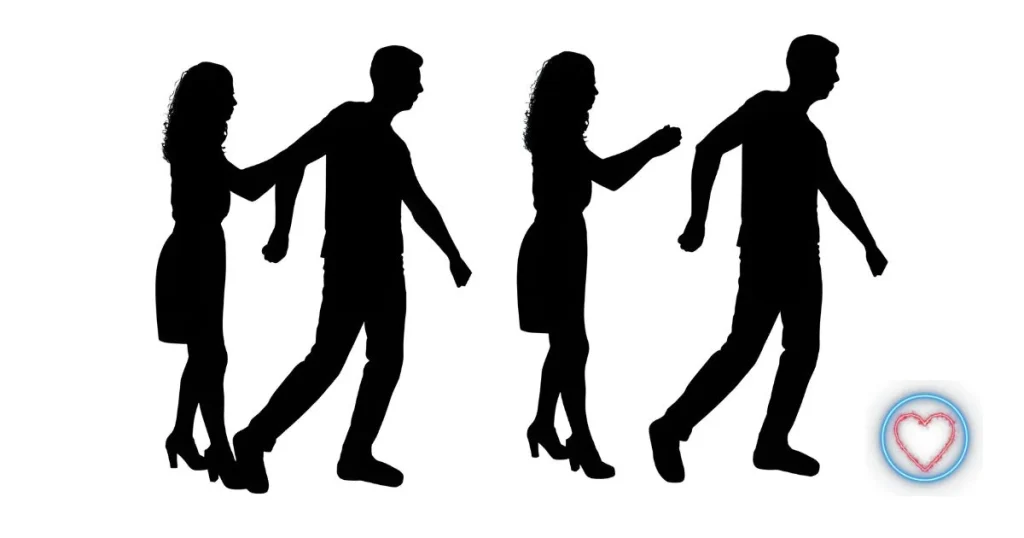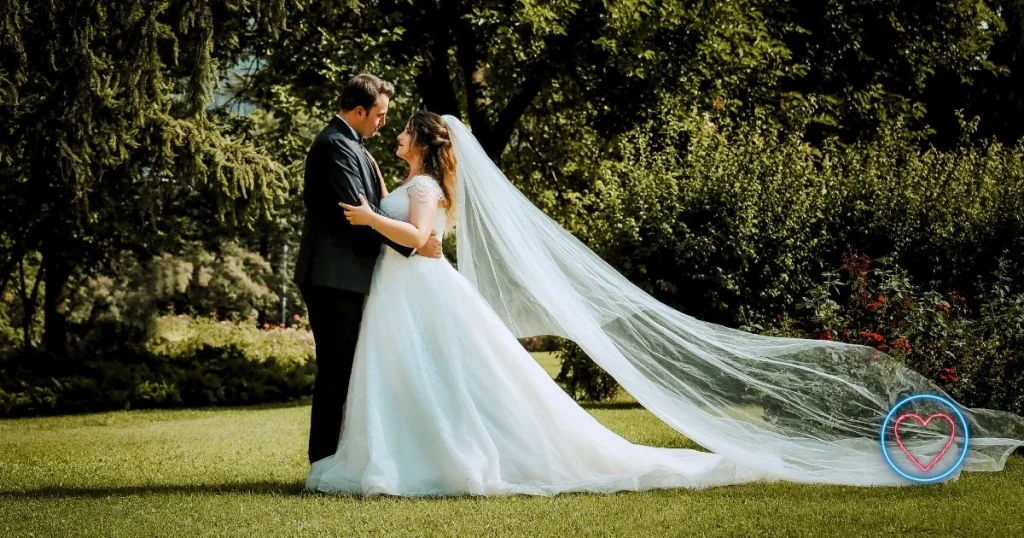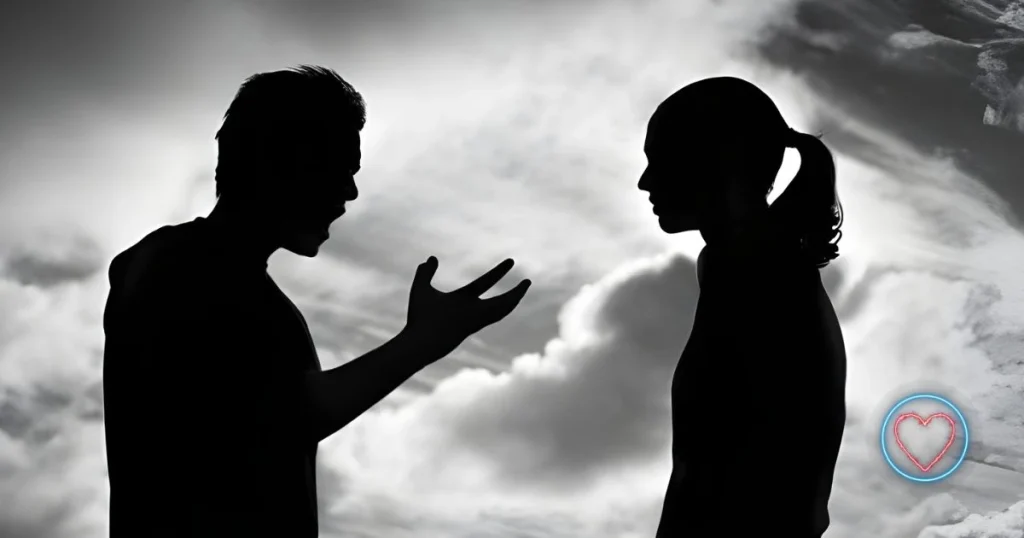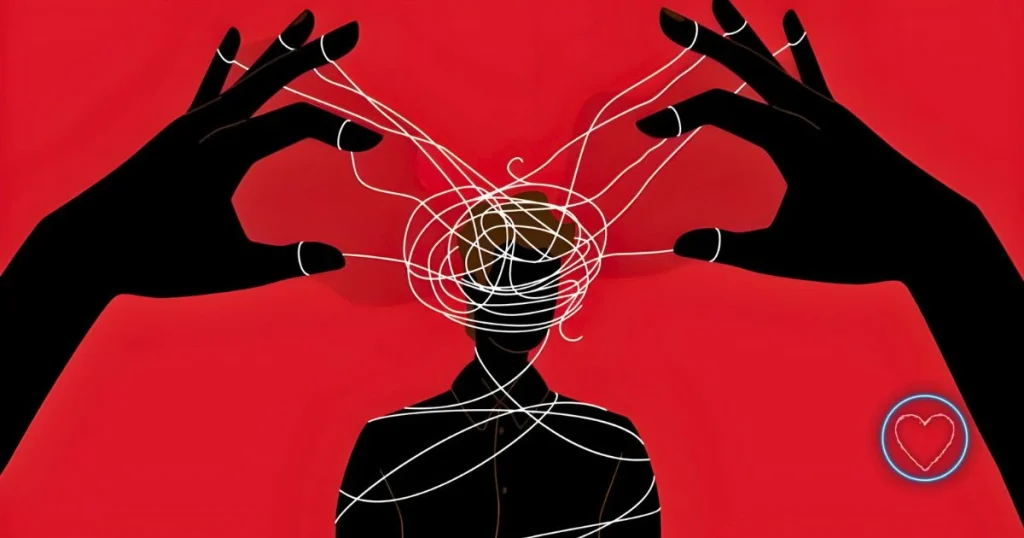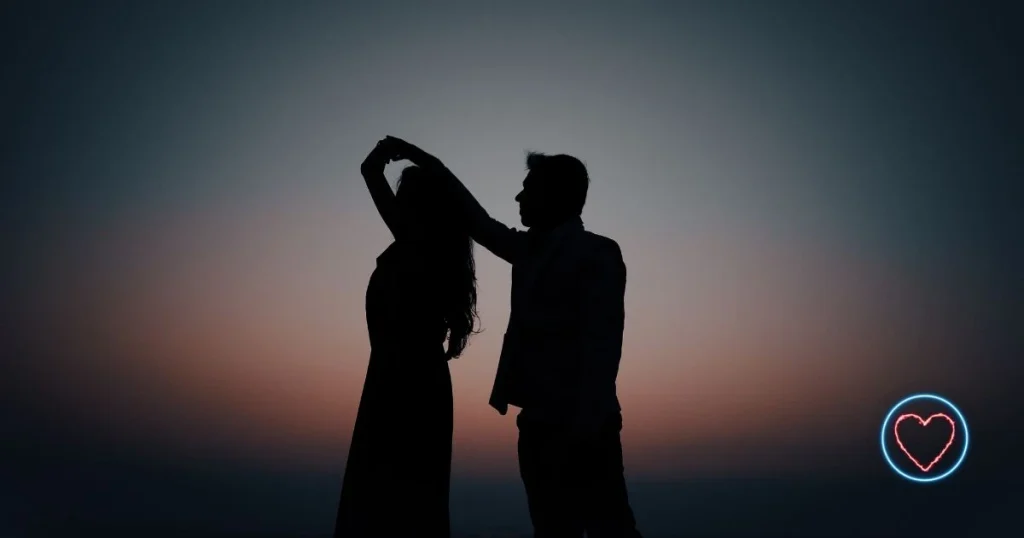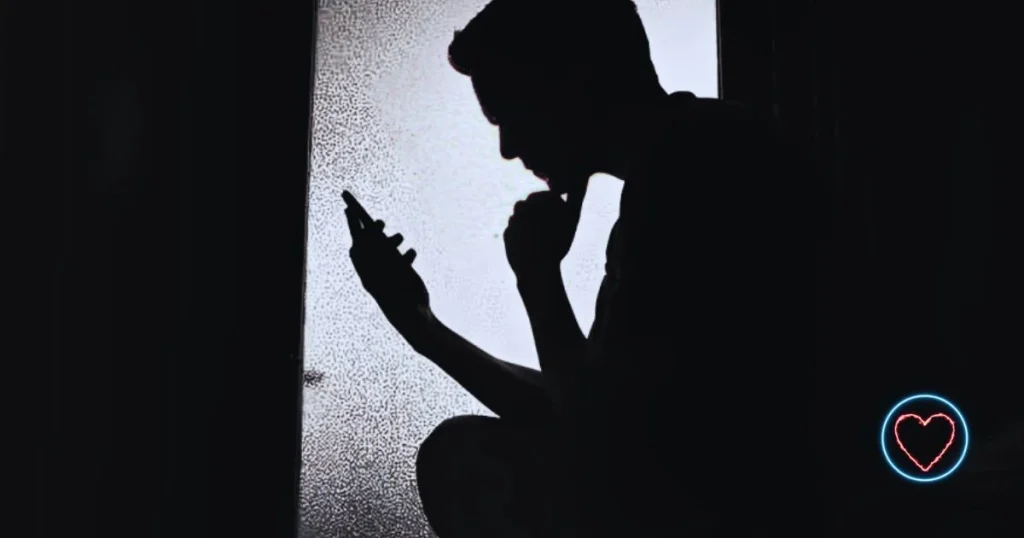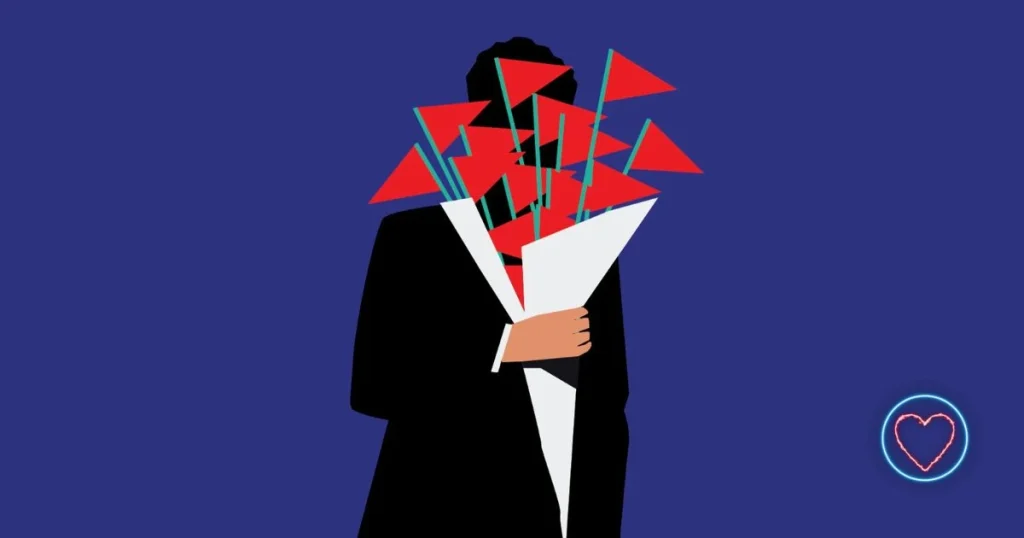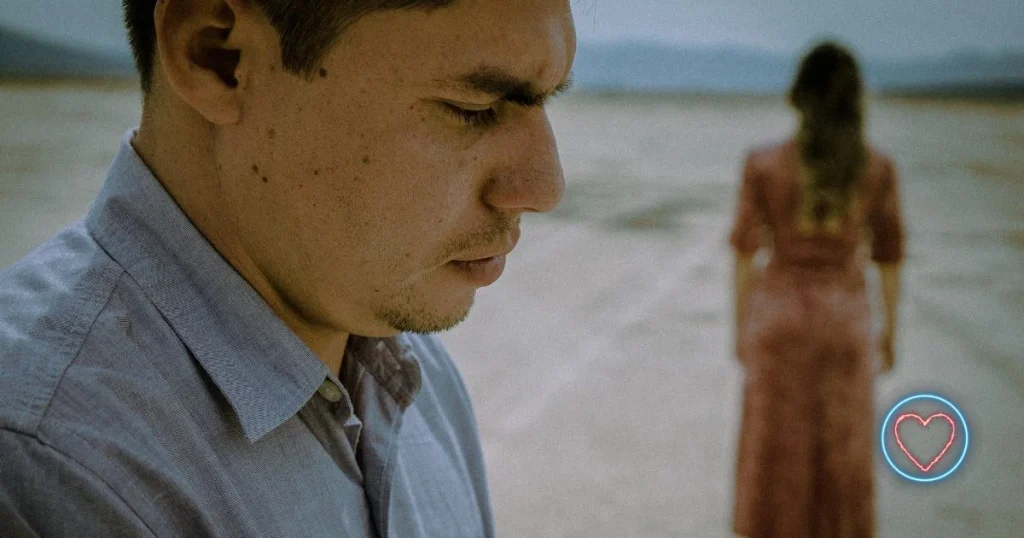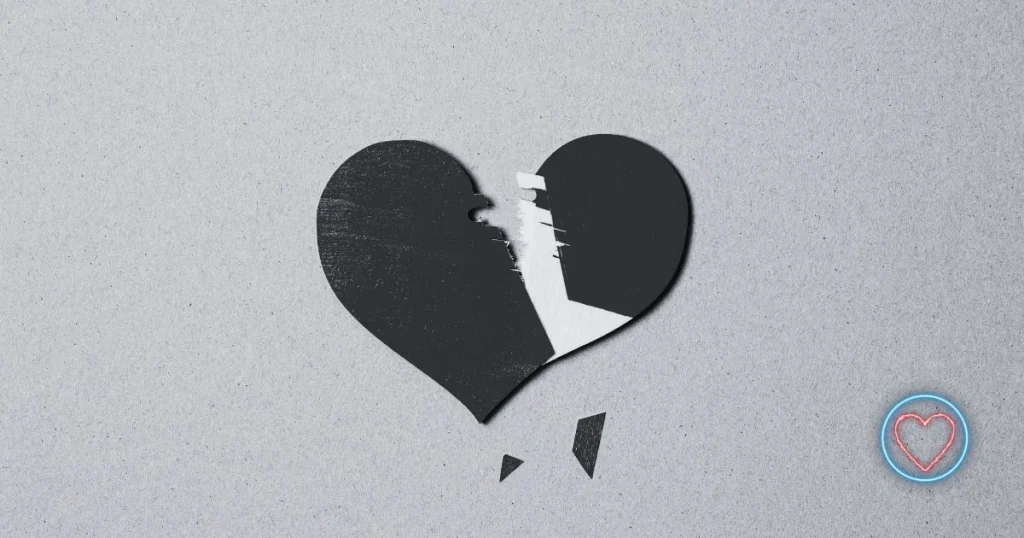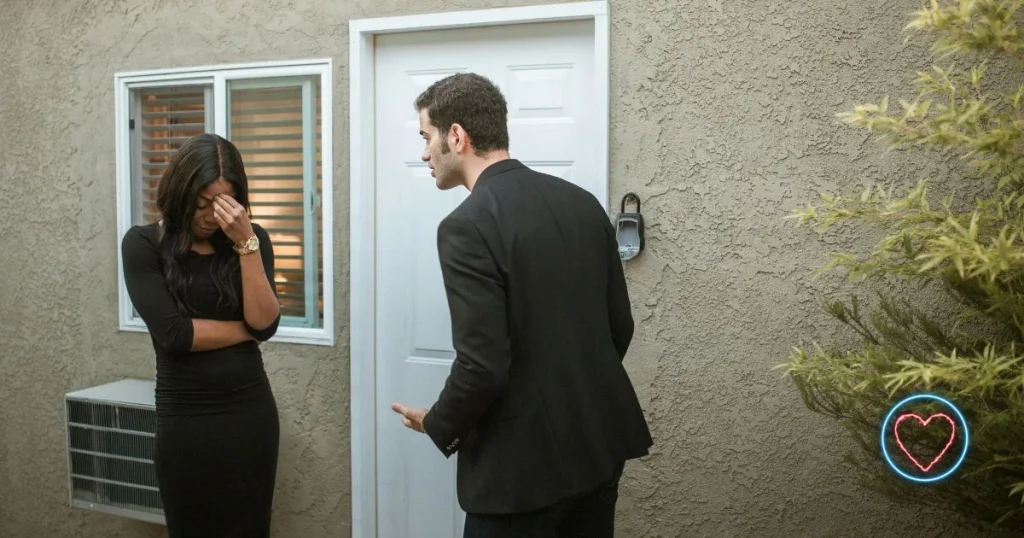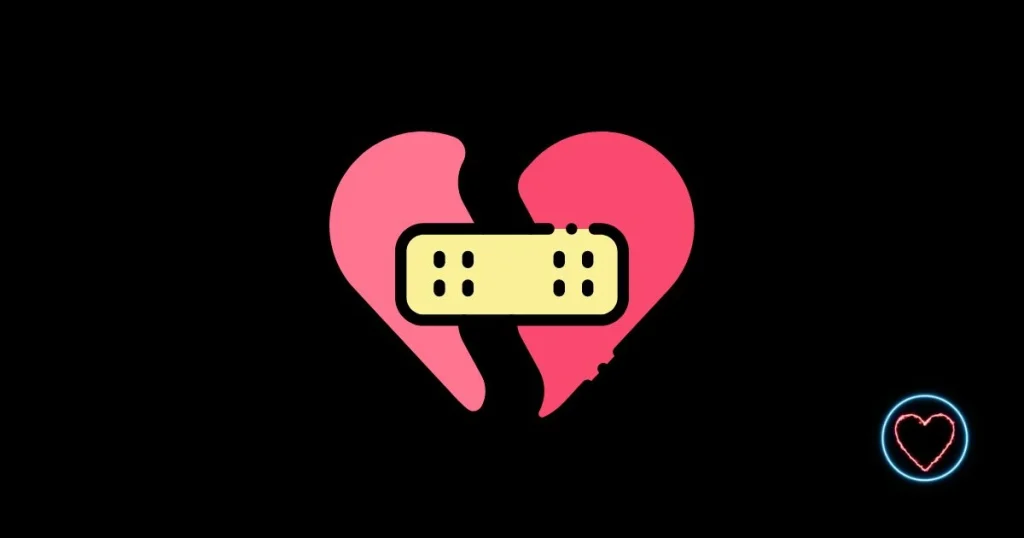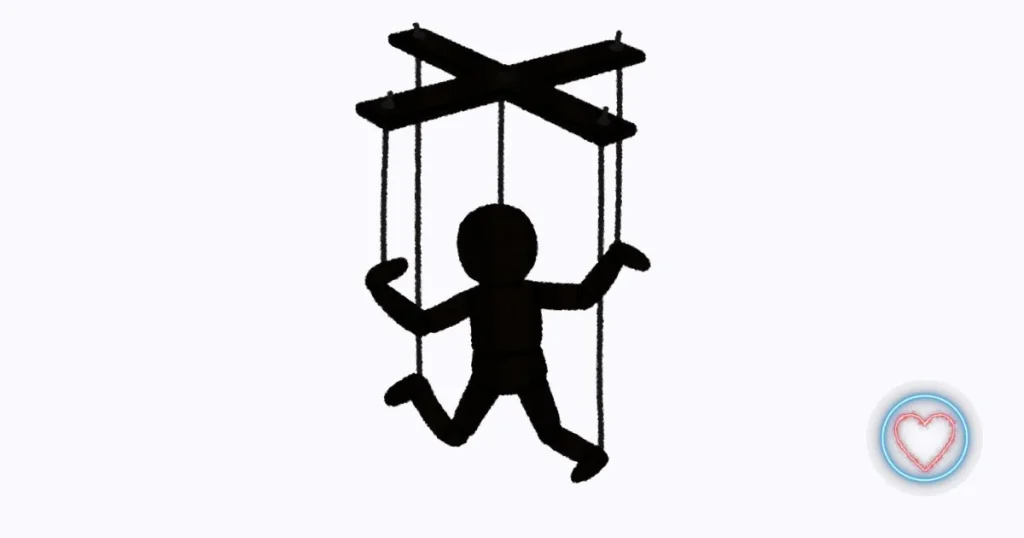Relationships should bring joy, support, and growth. Yet, sometimes, what appears as love or companionship can slowly turn into something harmful. Recognizing a toxic relationship early is crucial for your emotional well-being and personal growth. If you find yourself constantly unhappy, anxious, or doubting your worth, it may be time to reflect on your relationship’s health.
Below, we explore 15 clear signs you’re in a toxic relationship. Understanding these signs can empower you to make informed decisions, set boundaries, or seek help.
1. You Feel Drained and Exhausted
One of the first and most telling signs of toxicity is emotional exhaustion. Instead of feeling energized after spending time together, you feel depleted. Conversations leave you anxious or stressed rather than happy or comforted.
Over time, if interactions consistently sap your energy, it indicates an imbalance. Healthy relationships should recharge you, not wear you down.
2. Constant Criticism and Judgment
Criticism is normal in any relationship, but when it becomes constant and hurtful, it’s a red flag. If your partner frequently belittles your choices, appearance, or dreams, they undermine your self-esteem.
Moreover, when criticism is masked as “jokes” or “honest feedback,” it can be manipulative and damaging.
3. Lack of Trust and Suspicion
Trust is the foundation of every strong relationship. If you or your partner frequently doubt each other’s intentions, whereabouts, or actions, the relationship suffers.
Persistent jealousy, spying on phones, or unwarranted accusations often signal deeper insecurity and control issues.
4. You Feel Isolated From Friends and Family
A toxic partner may intentionally or unintentionally isolate you from your support system. If you notice a decline in your social interactions or feel pressured to cut ties with loved ones, take it seriously.
Healthy relationships encourage connections outside the partnership.
5. Communication Breaks Down
Open and honest communication is key. When communication becomes hostile, dismissive, or one-sided, it harms the relationship.
If your partner refuses to listen, interrupts, or shuts down during important talks, it blocks resolution and growth.
6. You’re Walking on Eggshells
If you constantly modify your behavior to avoid conflict or anger, it’s a sign of toxicity. Walking on eggshells creates stress and diminishes your authenticity.
Healthy partners accept each other’s imperfections and communicate frustrations respectfully.
7. Unequal Effort and Commitment
Relationships require effort from both sides. When only one person consistently invests time, energy, and emotional labor, imbalance grows.
If you’re always the one initiating plans, apologies, or compromises, the relationship may be one-sided.
8. Manipulation and Guilt-Tripping
Toxic partners often use manipulation tactics to control or influence you. This can include guilt-tripping, gaslighting, or playing the victim to avoid accountability.
Recognizing these behaviors is essential to protect your mental health and boundaries.
9. Frequent Arguments Without Resolution
Arguments are inevitable but should lead to understanding or compromise. However, if fights become repetitive, escalate quickly, or end without resolution, the relationship suffers.
Chronic conflict drains both partners and signals unresolved deeper issues.
10. Your Boundaries Are Disrespected
Boundaries are essential for respect and trust. If your partner disregards your feelings, time, or space, it’s a warning sign. This may look like pressuring you to do things you’re uncomfortable with or ignoring your requests.
Healthy relationships honor and respect personal limits.
11. You Feel Unappreciated or Taken for Granted
Everyone wants to feel valued. When your efforts, presence, or achievements go unnoticed or unappreciated, it hurts.
Feeling invisible or dismissed in a relationship often leads to resentment and loneliness.
12. Your Partner Is Emotionally Unavailable
Emotional intimacy builds connection and trust. If your partner avoids vulnerability, refuses to share feelings, or shuts down during emotional conversations, the relationship lacks depth.
This distance can leave you feeling lonely even when physically together.
13. You Experience Physical or Verbal Abuse
Abuse, whether physical, verbal, or emotional, is a definitive sign of toxicity. Hitting, pushing, name-calling, threats, or humiliation have no place in any relationship.
If you experience abuse, it’s crucial to seek help immediately. Remember, you deserve safety and respect.
14. You Doubt Yourself More Than Usual
Toxic relationships erode self-confidence. If you frequently question your decisions, feel confused about your worth, or blame yourself for issues, the relationship likely impacts your self-esteem negatively.
Trusting your intuition and feelings is important in recognizing toxicity.
15. You’re Afraid to Be Yourself
Finally, if you hide parts of your personality, opinions, or interests to avoid judgment or conflict, the relationship limits your authenticity.
Healthy relationships foster growth, acceptance, and freedom to be you.
What to Do If You Recognize These Signs
Acknowledging toxicity is the first step toward change. Here are some practical actions:
- Communicate: Share your feelings honestly with your partner. Sometimes awareness can spark change.
- Seek Support: Talk to trusted friends, family, or professionals like therapists. Outside perspectives help.
- Set Boundaries: Clearly define what behavior is unacceptable. Protect your emotional space.
- Consider Counseling: Couples therapy can sometimes resolve patterns if both partners are willing.
- Plan for Safety: If abuse is involved, create a safety plan and contact support organizations.
Remember, leaving a toxic relationship can be challenging but prioritizing your well-being is vital.
Why Do Toxic Relationships Develop?
Toxic relationships don’t always start badly. Often, they develop due to unmet needs, poor communication, or unhealthy patterns from past experiences. Factors like stress, insecurity, or trauma can contribute.
Understanding these causes can provide compassion but doesn’t justify harmful behavior.
How to Foster Healthy Relationships Instead
Healthy relationships thrive on:
- Mutual Respect: Valuing each other’s feelings and perspectives.
- Trust: Building and maintaining confidence in one another.
- Open Communication: Speaking and listening with empathy.
- Support: Encouraging growth, dreams, and well-being.
- Equality: Sharing responsibility and effort.
Strive for connections where you feel safe, valued, and loved for your true self.
Conclusion
Toxic relationships can be emotionally draining and harmful, but recognizing the signs empowers you to take action. From feeling drained to walking on eggshells, these 15 signs provide a clear lens for self-reflection.
You deserve relationships that uplift, nurture, and respect you. If you see these signs in your relationship, take steps to protect your well-being and seek the support you need. Ultimately, the healthiest relationship you can have is the one you have with yourself.

